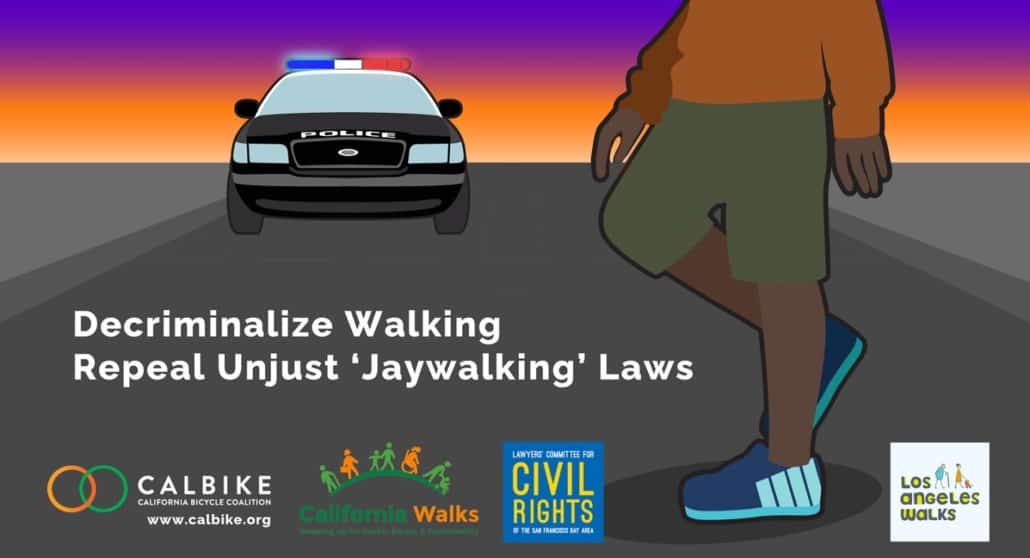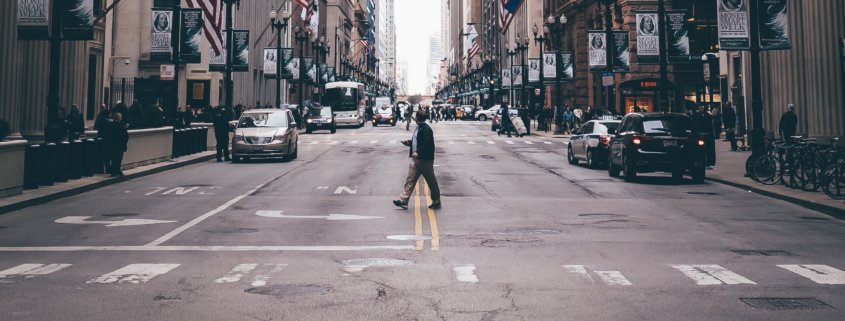CalBike Announces New Legislation to Eliminate Jaywalking Tickets in California
March 25, 2021
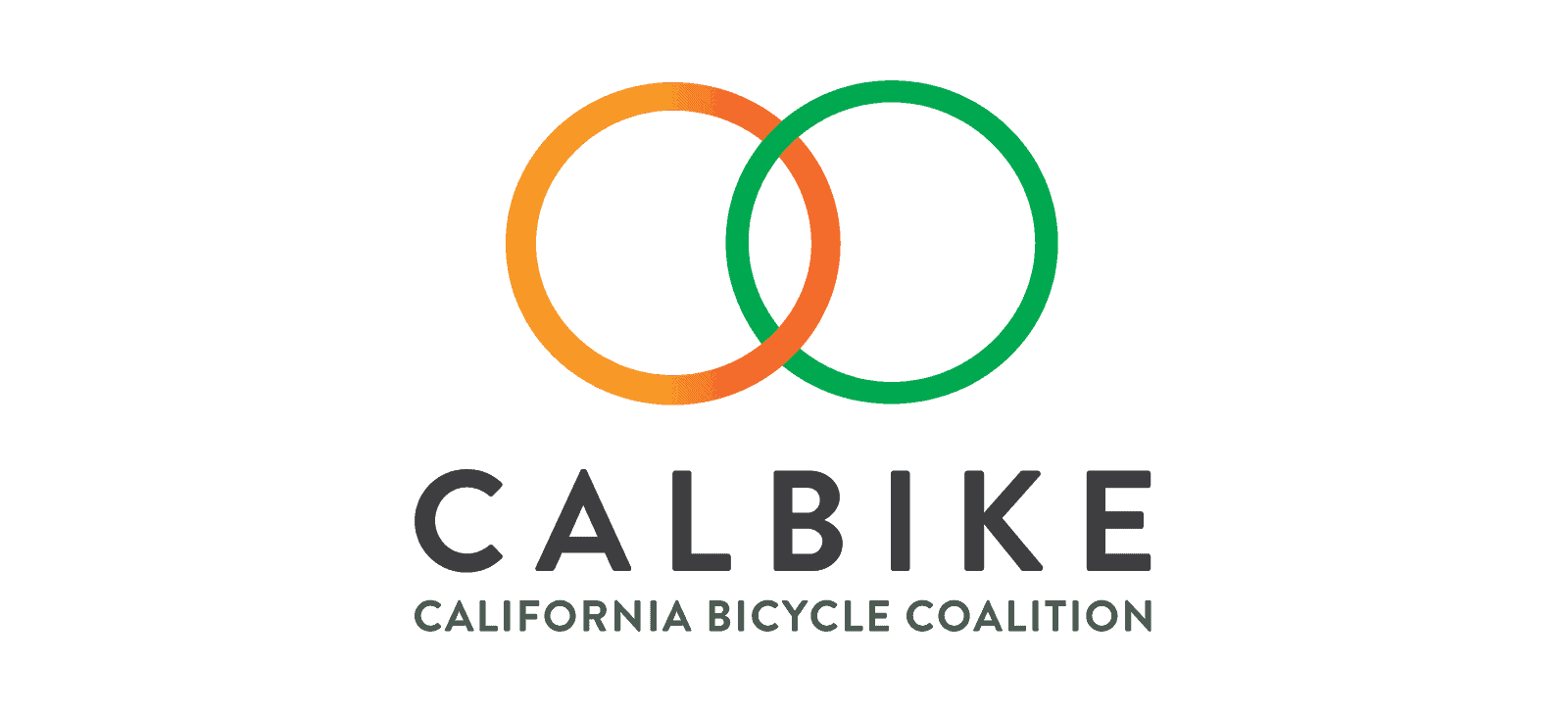
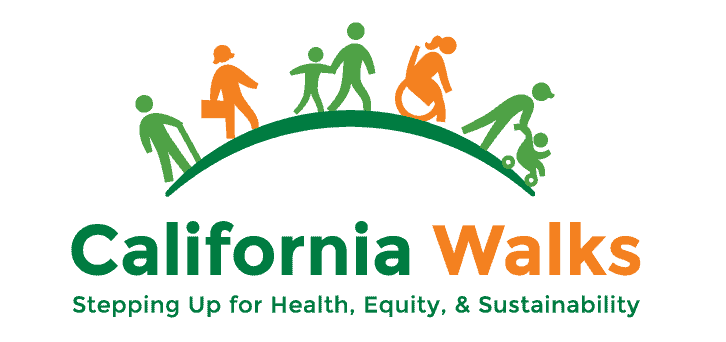
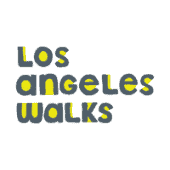
March 25, 2021
For Immediate Release
Contact:
- CalBike: Jared Sanchez, jared@calbike.org | 714-262-0921
- California Walks: Caro Jauregui, caro@calwalks.org | 562-320-2139
- Los Angeles Walks: John Yi, john@losangeleswalks.org | 213-219-2483
CalBike Announces New Legislation to Eliminate Jaywalking Tickets in California
San Francisco: Jaywalking is arbitrarily enforced throughout California. When it is, tickets are disproportionately given to Black Californians, and sometimes these encounters with police turn life-threatening. In an effort to reform this unfair system, Assemblymember Phil Ting (D-San Francisco) — along with CalBike, California Walks, and Los Angeles Walks — has introduced AB 1238, The Freedom To Walk Act, which would decriminalize jaywalking.
“Whether it’s someone’s life or the hundreds/thousands of dollars in fines, the cost is too much for a relatively minor infraction,” said Ting at a San Francisco press conference. “It’s time to reconsider how we use our law enforcement resources and whether our jaywalking laws really do protect pedestrians and all road users.”
The Freedom To Walk Act promotes the fair and equitable use of roadways by:
- Legalizing crossings, when safe, outside of a marked or unmarked crosswalk or against a traffic light;
- Stopping the undue financial burden of jaywalking tickets on low-income people, whose fines can range to hundreds of dollars, if not more, because of added fees tacked on by the court, county, city, and others;
- Preventing police from using jaywalking as a pretext to stop Black Californians; and
- Ending the criminalization of people in disadvantaged communities that lack adequate pedestrian infrastructure.
“Jaywalking laws do more than turn an ordinary and logical behavior into a crime; they also create opportunities for police to racially profile. A stop for a harmless infraction like jaywalking can turn into a potentially life-threatening police encounter, especially for Black people, who are disproportionately targeted and suffer the most severe consequences of inequitable law enforcement,” said Jared Sanchez of the California Bicycle Coalition (CalBike), co-sponsor of The Freedom To Walk Act.
“Low-income communities and communities of color are more likely to be cited for crossing unsafely due to societal racial bias and poor crosswalk conditions in their neighborhoods that emphasize drivers’ needs over other road users. Walking should not be a dangerous activity in the communities where people rely on walking for transportation,” said Caro Jauregui, Co-Executive Director of California Walks.
“It’s time we stop blaming pedestrians for trying to navigate streets that all too often prioritize cars and fast traffic. If we want neighborhoods that are community-centered, where our children and seniors can move with safety and ease, let us begin by treating those who walk or roll with some dignity,” said John Yi, Executive Director of Los Angeles Walks.
There are many examples of where a jaywalking stop has gone wrong in California. The most recent case occurred in September of 2020, when San Clemente Police killed Kurt Reinhold. In the Bay Area, Chinedu Okobi was killed more than two years ago in Millbrae by San Mateo County deputies. And in 2017, Nandi Cain Jr. was beaten by Sacramento Police. The victims in each of these cases were Black, and video captured each incident.
Jaywalking citation statistics highlight the way that this harmless behavior is used to target and victimize communities of color through pretextual policing. From 2018-2020, data compiled by the California Racial and Identity Profiling Act (RIPA) shows Black Californians are disproportionately stopped for jaywalking, up to four-and-a-half times more than their White counterparts.
Jaywalking laws were invented in the 1930s by the emerging auto industry as an attempt to shift the blame from drivers to walkers after the number of deadly car crashes skyrocketed. Over the years, street design has prioritized the needs of drivers, failing to accommodate people who aren’t in cars.
California has already begun making changes. In 2018, crossing at a traffic light after the countdown meter has begun was legalized. The Freedom to Walk Act repeals the state’s remaining jaywalking laws. Other countries, including the United Kingdom, have shown that this can be done safely. The U.K. allows pedestrians to cross mid-block, yet it has roughly half as many pedestrian deaths as the United States.
In March 2021, Virginia became the first state to decriminalize jaywalking. Last summer, the New York Attorney General recommended that the State of New York do the same. California needs to pass The Freedom to Walk Act and decriminalize jaywalking. It’s the right thing to do.
